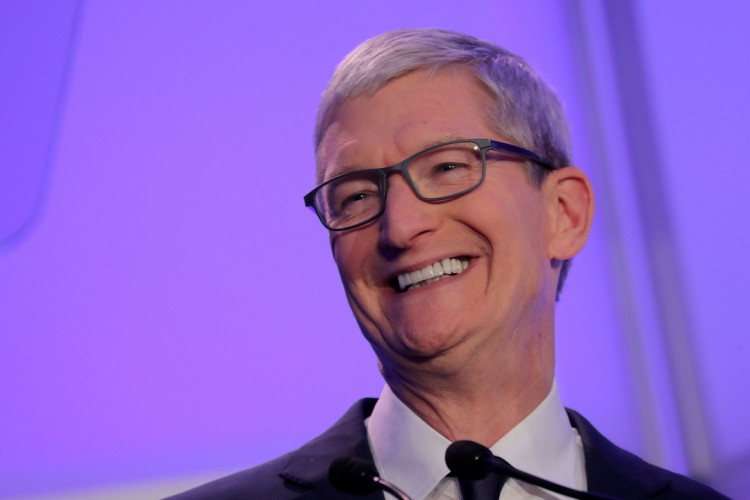Apple recently announced its March quarter earnings, which were above analyst's expectations. The Cupertino-based giant also revealed its plans to spend around US$75 billion to buy back shares. Its report quickly translated into positive sentiments for the company's shares, which spiked up to 6 percent in pre-market trading.
Apple reported second-quarter iPhone revenues of US$31.05 billion, slightly lower than the US$31.10 billion expected forecasts. The firm's service revenue performed better this quarter, with the company raking in US$11.45 billion, significantly higher than the US$11.37 billion analysts had expected. Apple's overall sales were down by 5 percent when compared to the same quarter last year, but that didn't seem to dissuade investors as the firm's stock still continued to rise.
The company's earnings guidance for its fiscal third quarter likely further boosted investor confidence given that it was significantly higher than expected. Apple's forward-looking statements indicated a stabilizing iPhone demand, further boosted by its growing service revenue. Earlier in the year, the tech giant had cut its first-quarter forecast given the relatively poor performance it had in China.
Apple's iPhone sales, which account for 53.5 percent of its revenue for the quarter, were down by around 17.33 percent year-over-year. However, the company did report a strong performance with its other products, such as its wearables and home accessories. The sales number of its other products beat analyst expectation, offsetting its lower-than-expected iPhone sales. Its wearables led the way with total revenues of US$5.1 billion, which is higher than the US$4.79 billion initially forecasted.
With its iPhone sales performing subpar, the firm has highlighted the strengths of the other products in its lineup. The company's wearable business, which includes its new AirPods and Apple Watch models, had jumped by 50 percent year-over-year. CEO Tim Cook also highlighted the performance of its tablets, particular it's recently released iPad Pro models. In line with its latest performance, Apple's CFO Luca Maestri mentioned to shareholders that they should expect strong revenue growth from the firm's non-iPhone products in the coming quarter.
As one of the largest companies in the Dow Jones Industrial Average, Apple's spike had positively affected the rest of the market. Several stocks had rallied following Apple's stock price spike, but the bullish direction quickly turned around following an announcement from the Federal Reserve. High-ranking officials from the Federal Reserve hinted that they still had no plans to lower interest rates. The news quickly snuffed out the flames ignited by Apple, sending multiple stocks downward.
The Dow Jones Industrial Average pulled back and closed down 162.77 points. The NASDAQ Composite dropped by 0.6 percent, while the S&P 500 dipped by 0.8 percent after it reached its all-time high.





